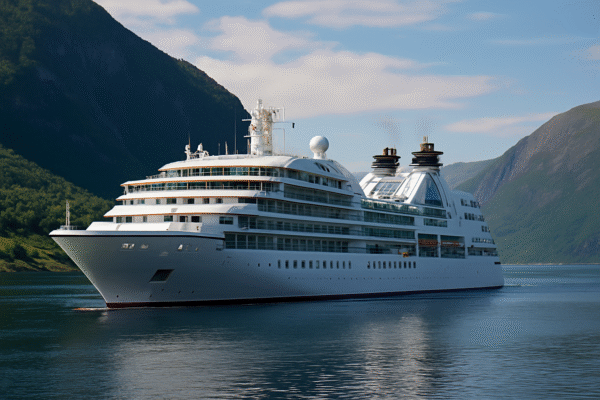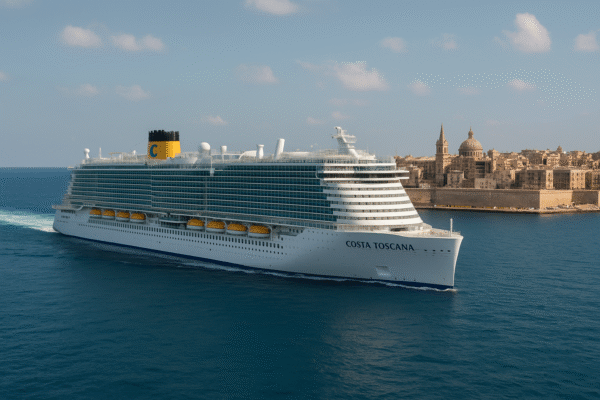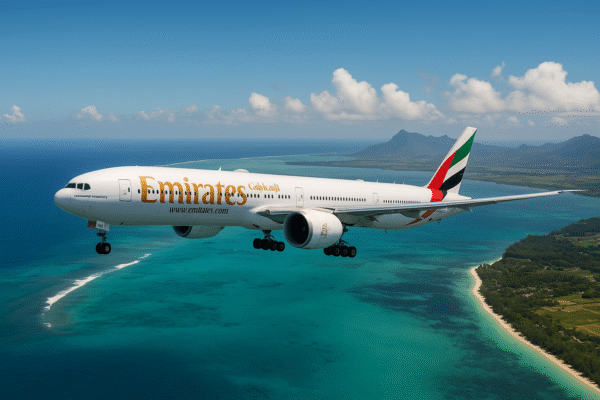Saudi Arabia and Qatar are taking major strides in redefining the Middle East’s position on the global luxury tourism map. With Saudi Arabia rolling out new fine dining regulations and Qatar celebrating the opening of the ultra-luxurious Rosewood Doha, both nations are strategically positioning themselves as hubs for premium travel experiences.
Fine Dining Reform in Saudi Arabia: Setting a New Standard for Upscale Hospitality
As part of its Vision 2030 agenda to diversify the economy and build a vibrant tourism sector, the Saudi government has introduced a comprehensive set of regulations aimed at transforming the fine dining landscape.
Announced by the Ministry of Tourism and the Culinary Arts Commission, the new fine dining framework requires high-end restaurants to meet specific international service benchmarks. These include:
- Mandatory Guest Escort Services: Staff must now guide patrons from the entrance to their tables, aligning the dining experience with global luxury hospitality norms.
- Valet Parking Requirement: All fine dining venues are mandated to offer valet parking, adding a layer of convenience and prestige for guests.
- Coat and Bag Handling Services: Restaurants must provide elegant storage solutions for coats and bags, ensuring a clutter-free and refined environment.
These regulations are not only aimed at elevating local culinary standards but also at attracting high-spending international travelers who expect top-tier service. Saudi officials see fine dining as an integral part of their broader tourism development strategy, with Riyadh, Jeddah, and AlUla emerging as culinary destinations.
According to the Saudi Tourism Authority, these changes come as the Kingdom welcomed over 27 million international visitors in 2023—a record driven by its expanding leisure offerings, including the Red Sea Project and giga-developments like NEOM.
Rosewood Doha Opens in Qatar’s Lusail Marina, Enhancing Gulf Luxury Offerings
Just across the Arabian Gulf, Qatar has made waves with the grand opening of Rosewood Doha, a hallmark in the evolution of Qatar’s luxury hospitality sector. The new hotel is located in Lusail Marina District, one of Doha’s most prestigious developments, and is the first Rosewood property in the country.
Key Features of Rosewood Doha Include:
- 155 rooms and suites, blending Qatari design heritage with contemporary elegance
- 276 branded residences and 162 fully serviced apartments for long-term stays
- Over 4,000 square meters of meeting, event, and wedding space
- A culinary lineup featuring international fine dining concepts and locally inspired menus
The property represents a strong partnership between Rosewood Hotels & Resorts and Qatar’s expanding tourism ecosystem. Speaking at the opening, hotel executives noted that the development reflects the growing demand for immersive luxury—whether for business, wellness, or cultural exploration.
Tourism in Qatar has rebounded impressively since the 2022 FIFA World Cup, with the country welcoming over 4 million visitors in 2023. The government’s National Vision 2030 plan is accelerating infrastructure investment, and Doha’s new cruise terminal, airport expansion, and world-class event hosting continue to draw international attention.
Region-Wide Impact on Tourism
Saudi Arabia’s fine dining elevation and Qatar’s luxury hotel expansion are part of a broader regional movement to shift perception and attract high-end travelers. With increasing air connectivity from Gulf carriers like Saudia, Qatar Airways, and Emirates, the region is more accessible than ever to luxury-focused tourists from Europe, Asia, and the Americas.
- In Riyadh, hotel chains like Mandarin Oriental and Nobu are setting new benchmarks for urban hospitality.
- In AlUla, Michelin-star chefs are hosting desert pop-up experiences that blend heritage with haute cuisine.
- In Doha, high-end brands such as Four Seasons, Waldorf Astoria, and now Rosewood are shaping the skyline and redefining luxury lodging.
The culinary and hospitality boom is also supported by regional initiatives like the Saudi Feast Food Festival, the Qatar International Food Festival, and government-backed culinary training programs designed to nurture local talent and meet global standards.
The Road Ahead: Tourism as a Key Pillar of Diversification
Saudi Arabia aims to welcome 100 million tourists annually by 2030. These fine dining regulations are just one piece of a much larger puzzle that includes smart cities, entertainment zones, wellness resorts, and cultural attractions.
Similarly, Qatar is positioning itself as not only a sports and events destination but also a leader in luxury lifestyle tourism. With Rosewood Doha setting a new standard, the country is likely to see an increase in longer leisure stays, upscale family travel, and international MICE (Meetings, Incentives, Conferences, and Exhibitions) activity.
Final Thoughts
Whether it’s sipping Saudi-brewed specialty coffee in Riyadh or enjoying panoramic sea views from a suite in Rosewood Doha, travelers to the Gulf are being introduced to a new era of hospitality defined by luxury, authenticity, and innovation.
With visionary investments, enhanced regulatory frameworks, and a growing appetite for premium experiences, Saudi Arabia and Qatar are not only upgrading the regional tourism narrative—they’re rewriting it.
For more travel news like this, keep reading Global Travel Wire



















